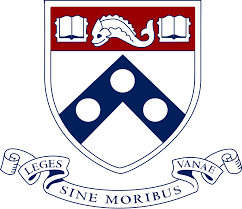
The edited volume seeks to explore the afterlife of this poetological idea in modern literature and poetics in the broadest sense from sixteenth century to the present.
The edited volume invites essays on the following themes but is not limited to:
-Furor poeticus in the Renaissance and beyond: Ludovico Ariosto, Giordano Bruno, Marco Girolamo Vida, George Chapman, George Puttenham, John of the Cross and the mystics, the poets of La Pléiade… What are the links of these authors with Neoplatonism, Orphism, Christianity and other religions or spiritual movements?
-In eighteenth-century aesthetics, the concept of genius seems to take the place traditionally occupied by furor poeticus: Lord Shaftesbury, Edmund Burke, Edward Young, William Duff, Immanuel Kant...
-The Romantic appropriation of the idea of furor poeticus in authors such as Hölderlin, Hamann, Coleridge, Blake, De Quincey. Divine rapture turns into personal madness.
-Secularisations of furor poeticus from the nineteenth century onwards: Schopenhauer interprets it as a mental illness and Freud as adult daydreams that replace child's play.
-Presences of furor poeticus in contemporary literary theory: Harold Bloom's concept of "influence" or Angus Fletcher's concept of "allegory".
-Reception and transformation of the idea in contemporary writers: Antonin Artaud, Ted Hughes, Anne Sexton, Leopoldo María Panero… Comparative approaches are also welcome.
Please submit your proposal title and a 600-800 words abstract together with a short CV including current affiliation, academic position, ORCID and main publications. All essays, written in English, must be original and unpublished.